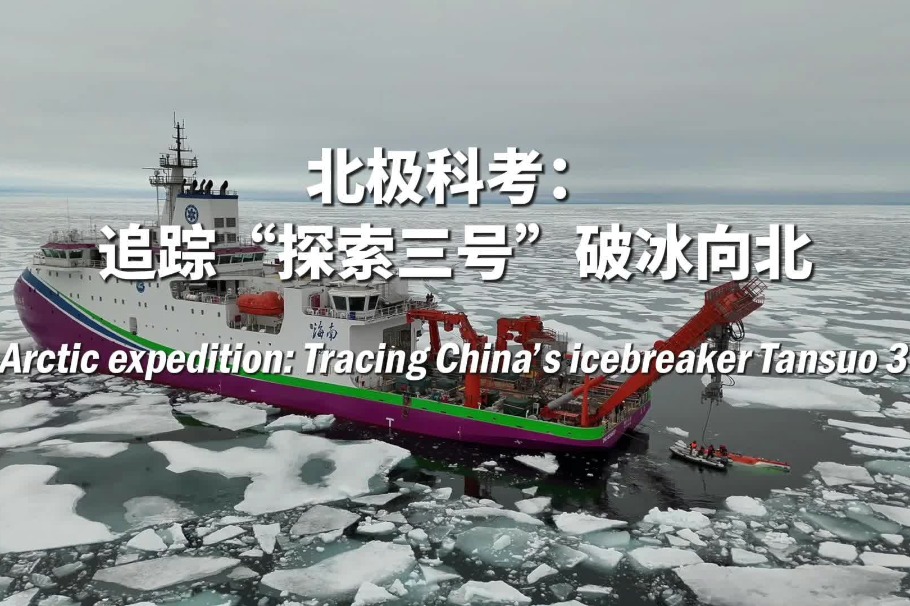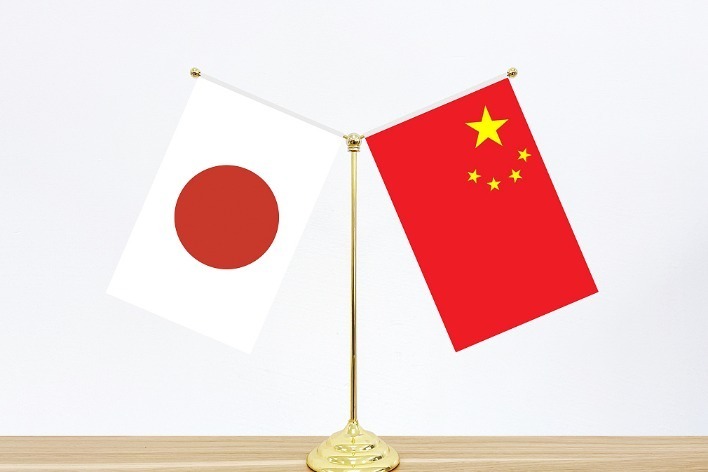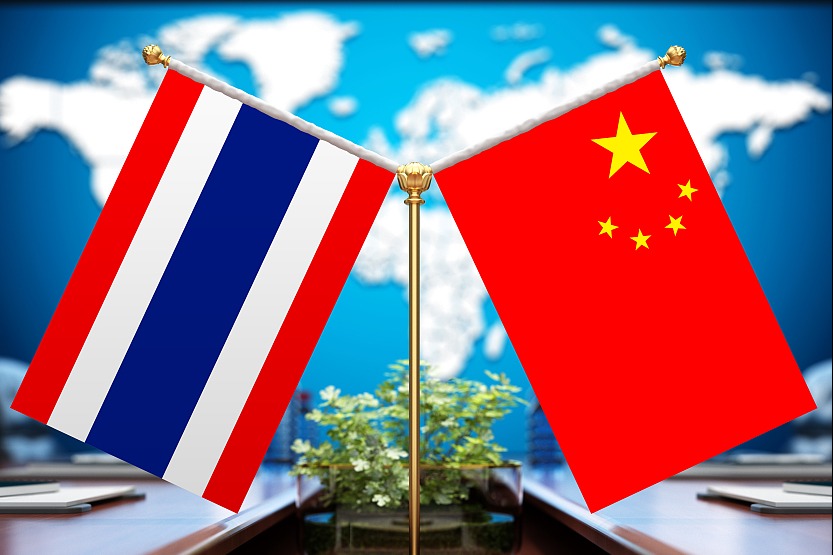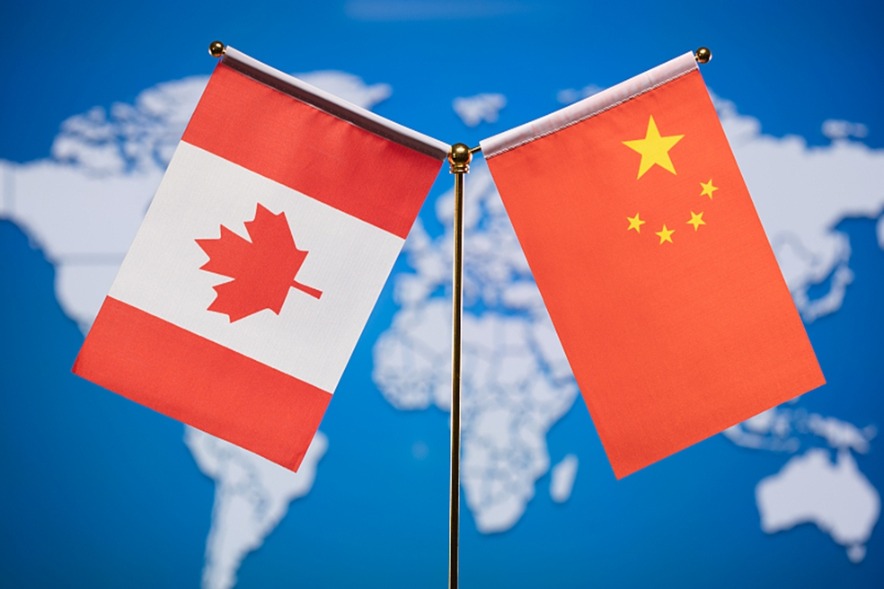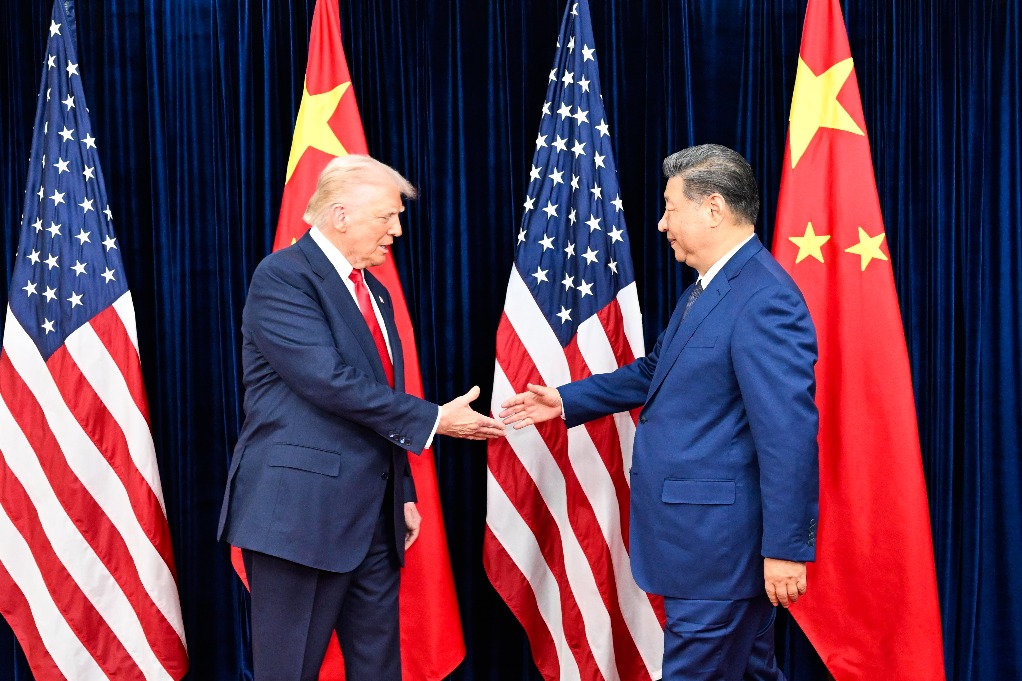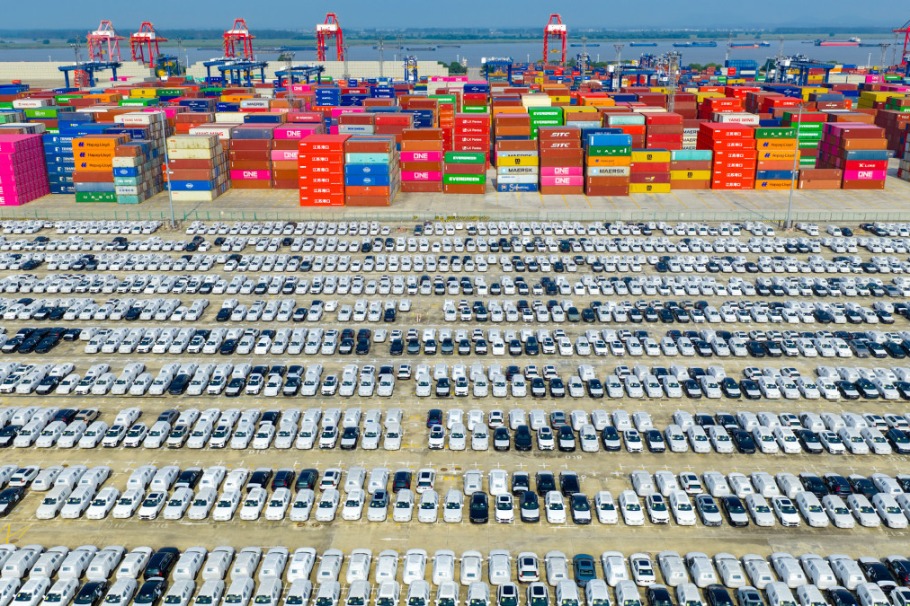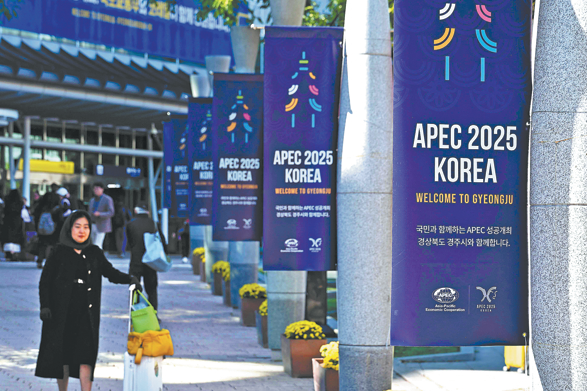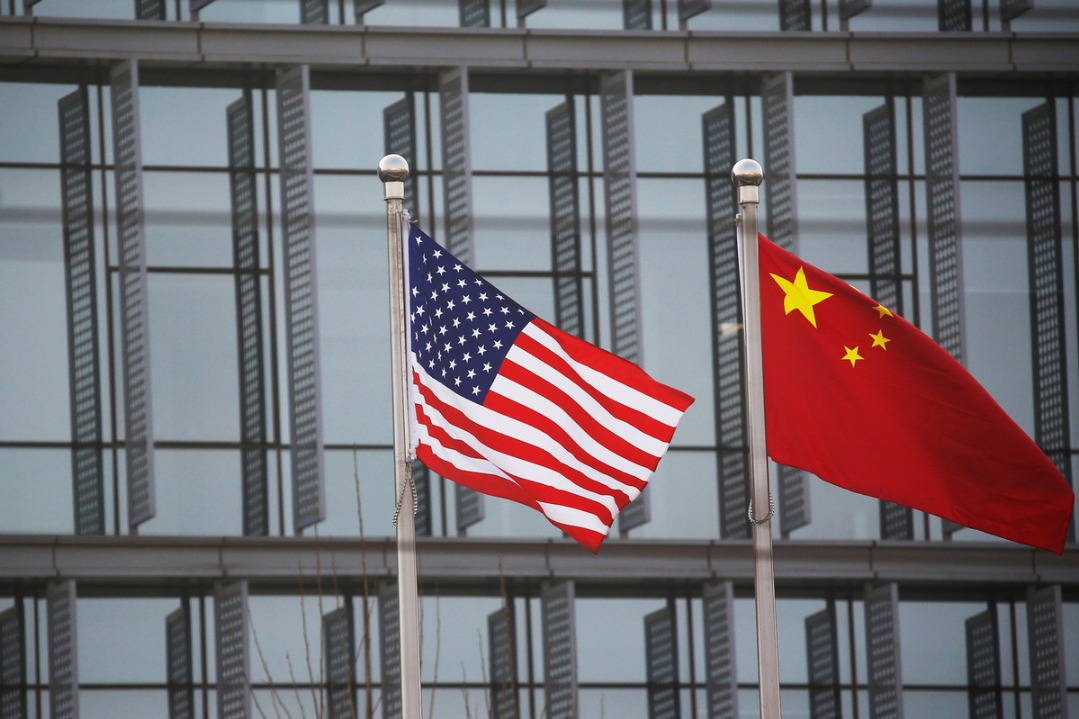APEC's value lies in cooperation

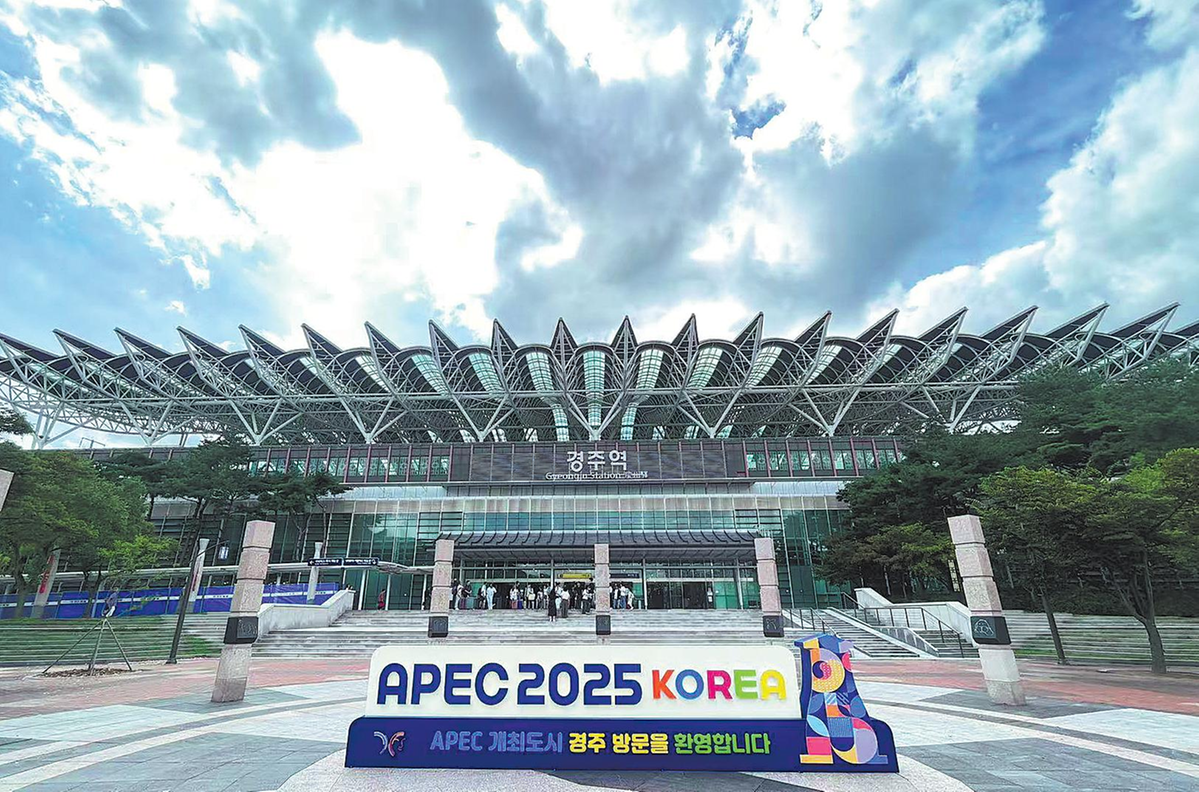
Forum can contribute to regional confidence, stability by embracing inclusiveness
The new round of consultations of senior economic and trade officials from China and the United States that took place in Kuala Lumpur, Malaysia, from Oct 25 to 26 has been generally welcomed. The talks set the stage for broader regional cooperation and send a positive signal that despite ongoing tensions, the world's two largest economies remain willing to communicate, negotiate, and seek pragmatic solutions through dialogue.
With the APEC Economic Leaders' Meeting taking place in Gyeongju, South Korea, this week, expectations are rising that such dialogue could contribute to regional confidence and stability. In this context, platforms like the Asia Pacific Economic Cooperation (APEC) forum are more important than ever, guiding the region through dialogue rather than division.
For more than three decades, APEC has upheld the principles of voluntary participation, consensus building, and gradual progress, promoting "open regionalism". From the very beginning, APEC adopted a flexible approach, allowing 21 diverse economies, including both developed and developing countries, as well as economies with different political and economic systems, to communicate, cooperate, and seek common interests together.
Historically, APEC has facilitated a range of important regional initiatives. The 2001 Shanghai APEC meetings, for instance, introduced the Pathfinder Initiative, allowing willing economies to pilot trade facilitation and technical cooperation projects before broader adoption. This "first-mover" approach paved the way for later initiatives such as the China-ASEAN Free Trade Area and the Regional Comprehensive Economic Partnership (RCEP). In this way, APEC acts as an "incubator" for regional cooperation, continuously generating new models for practical collaboration.
Yet as globalization faces new headwinds, some economies have turned to exclusionary policies in the name of "de-risking", fracturing supply chains and slowing collective recovery. APEC provides a rare venue for member economies to communicate on trade policy, supply-chain security, the digital economy, and climate issues. Maintaining dialogue itself is a stabilizing force in times of friction.
China has increasingly shaped APEC's spirit of openness and cooperation. Through active participation and proactive contribution, China has provided public goods for regional development.
At several APEC meetings, President Xi Jinping has repeatedly emphasized that China will steadfastly pursue high-level opening-up, uphold multilateralism, and contribute to building an open world economy. China's approach emphasizes both trade and technical cooperation, helping developing members build self-sustaining capacity, advances low-carbon and green development as a regional solution to climate change, and foster inclusiveness and mutual benefit.
China's continued openness is also reflected in its economic performance. Despite global headwinds, the nation's foreign trade shows strong momentum. In September, China's exports rose 8.3 percent year-on-year, while imports increased 7.4 percent, resulting in a trade surplus of around $90.5 billion, according to the General Administration of Customs.
These figures highlight the resilience of China's economy and its ability to navigate external shocks and internal transformations, while contributing to the stability of global supply chains and more inclusive, sustainable development worldwide.
The Global Governance Initiative (GGI), proposed by President Xi in September, advocates consultation, joint contribution, and shared benefits, opposing unilateralism and bloc confrontation. Its spirit aligns closely with APEC's core values — finding common ground in diversity and turning dialogue into tangible cooperation. Going forward, APEC's agenda must move beyond dialogue to practical cooperation, promoting green transition, digital inclusion, and capacity-building among developing members. China's engagement injects new vitality into these efforts.
In the coming years, China can continue to propose forward-looking efforts under the APEC framework, such as mutual recognition of digital trade rules and green finance cooperation. Moreover, by supporting capacity-building and project implementation with funding, technology, and expertise, China can help more developing economies benefit more from regional cooperation, strengthening both its regional image and APEC's overall cohesion and effectiveness.
In 2026, China will host the APEC meetings for the third time. This will showcase the nation's commitment to openness and offer a chance to revitalize regional cooperation. In today's uncertain world, openness and cooperation are not optional — they are essential. Only by rejecting protectionism and embracing inclusiveness can the Asia-Pacific remain a global engine of growth.
The author is deputy editor-in-chief of China Daily Asia Pacific Bureau.
The views do not necessarily reflect those of China Daily.
If you have a specific expertise, or would like to share your thought about our stories, then send us your writings at opinion@chinadaily.com.cn, and comment@chinadaily.com.cn.
















